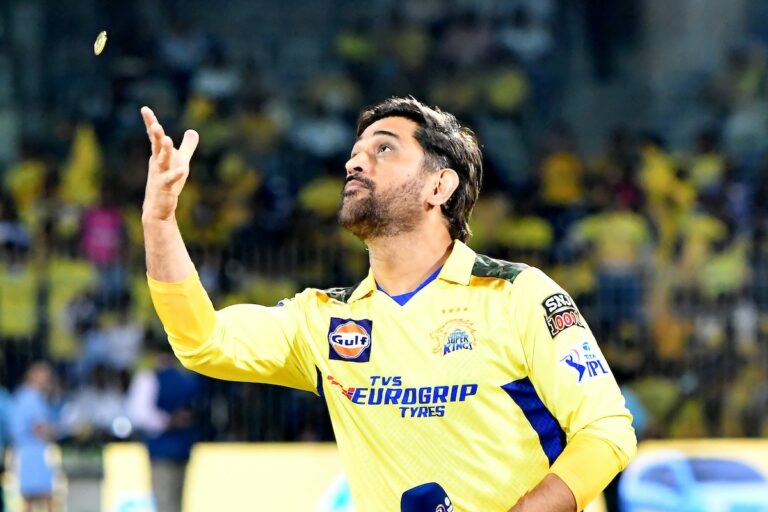Analyzing the Influence of Player Development on IPL Performance Metrics: Tigerexchange 247.com, Golden 77.com, Sky 99 exch com login
tigerexchange 247.com, golden 77.com, sky 99 exch com login: The Indian Premier League (IPL) has become one of the most popular and lucrative T20 cricket leagues in the world. With star players from different countries competing against each other, the level of competition in the IPL is always high. However, one key factor that often determines a team’s success in the IPL is player development.
Player development plays a crucial role in shaping a player’s skills and performance on the field. It involves various aspects such as coaching, training, fitness, and mindset. In this blog post, we’ll analyze the influence of player development on IPL performance metrics.
1. Importance of Player Development in IPL:
Player development is essential in the IPL as it helps players improve their skills and adapt to the fast-paced and demanding nature of T20 cricket. By focusing on key areas such as technique, strategy, and fitness, players can enhance their performance and contribute more effectively to their team’s success.
2. Coaching and Mentoring:
Coaching and mentoring play a significant role in player development in the IPL. Experienced coaches and mentors help players refine their skills, identify areas for improvement, and provide guidance on how to excel in high-pressure situations. Good coaching can have a positive impact on a player’s performance metrics, such as batting average, strike rate, and bowling economy.
3. Training and Fitness:
Physical fitness is crucial in T20 cricket, where players are required to sprint between the wickets, field dynamically, and bowl at high speeds. Regular training sessions focused on strength, endurance, and agility can help players stay fit and perform at their best in the IPL. Fitness levels can directly impact metrics like runs scored, wickets taken, and catches held.
4. Mental Toughness:
In a competition as intense as the IPL, mental toughness is key to success. Players who are mentally strong can handle pressure situations better, stay focused on their performance, and make smart decisions on the field. Mental toughness can influence metrics like boundary percentage, dot ball percentage, and sixes hit.
5. Skill Development:
Improving skills such as batting technique, bowling variations, and fielding agility can elevate a player’s performance in the IPL. Players who continuously work on their skills and adapt to different match scenarios are more likely to succeed in the league. Metrics like average partnership runs, boundary conversion rate, and economy rate are indicators of skill development.
6. Performance Analysis:
Tracking and analyzing performance metrics is essential in player development in the IPL. Players and coaches can review match data, identify trends, and set specific targets for improvement. Performance analysis can help players refine their strategies, make data-driven decisions, and ultimately enhance their overall performance in the league.
In conclusion, player development is a critical factor in shaping IPL performance metrics. By focusing on coaching, training, fitness, mental toughness, skill development, and performance analysis, players can elevate their game and contribute significantly to their team’s success in the league.
FAQs:
Q: How do IPL teams invest in player development?
A: IPL teams invest in coaches, trainers, sports psychologists, and performance analysts to support player development initiatives.
Q: Can player development impact a player’s chances of selection in the IPL?
A: Yes, players who show continuous improvement in their skills and performance metrics are more likely to be selected for IPL teams.
Q: How important is player development for young players in the IPL?
A: Player development is crucial for young players in the IPL as it helps them learn from experienced teammates and coaches, improve their skills, and establish themselves in the league.







